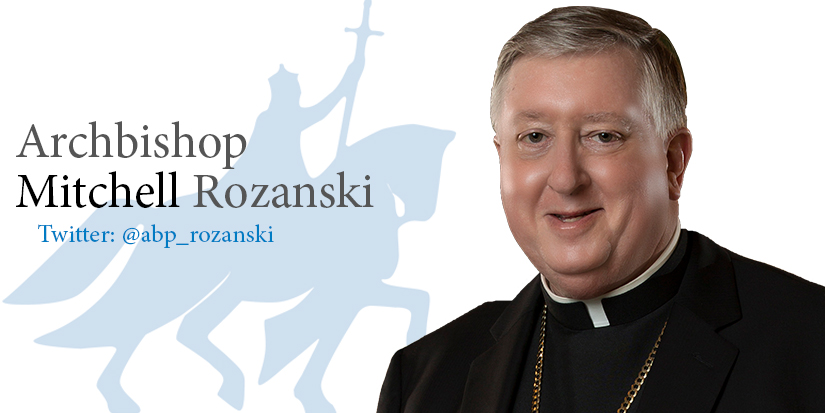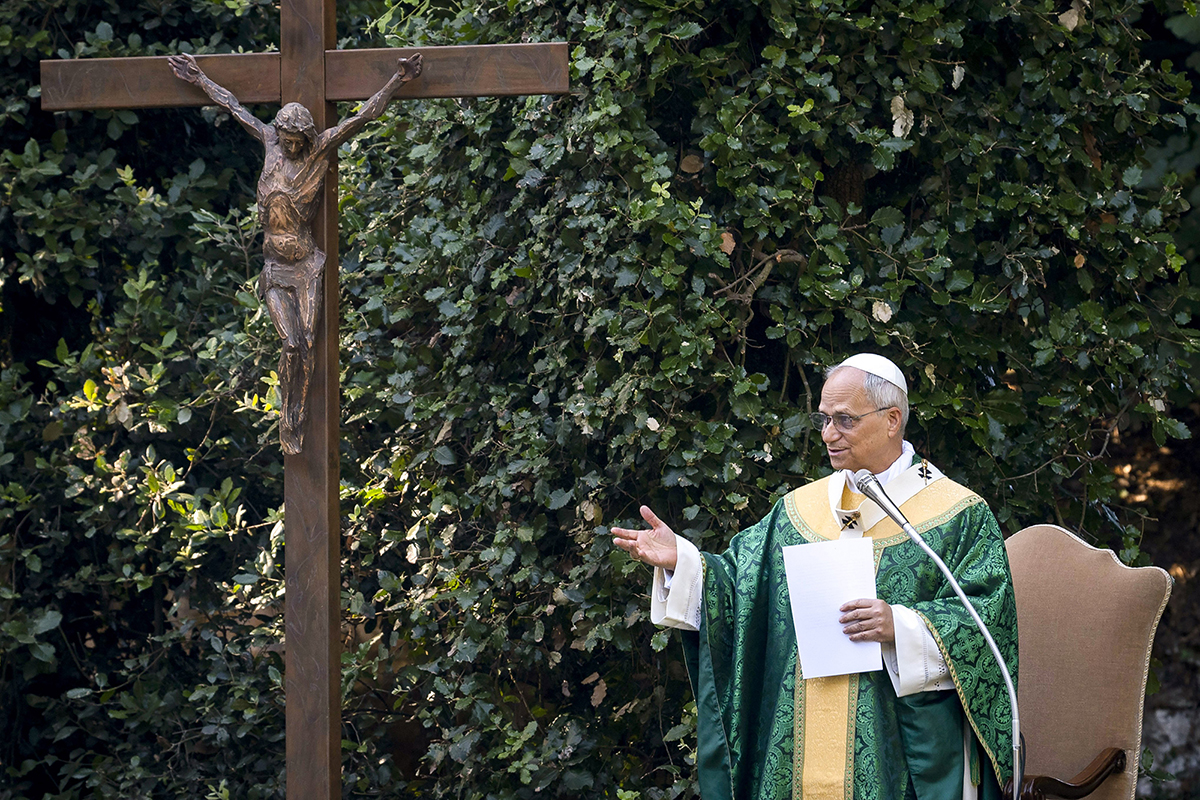SERVE THE LORD WITH GLADNESS | Let Jesus’ example become our ordinary notion of power
Jesus exercised His power by seeking out the lost, sinners and the sick

Dear brothers and sisters in Christ,
The Christmas season gives way to Ordinary Time this week. It raises a question: what will be “ordinary” for us?
We’ll be reading from the Letter to the Hebrews for the next four weeks. One of the early themes of the letter is “power.” The author takes up the default position of his audience that, of course, spiritual realities are more powerful than physical realities. But the letter takes up that position in order to challenge it. According to the default position, the angels (who are purely spiritual) must be superior to Christ (who took on flesh). But that is precisely wrong, because Christ is superior to the angels.
In other words, the author is saying, the default understanding of power has to be converted by Christ.
That’s a good lesson for us to ponder as we get ready for a presidential inauguration. As Americans, our default is to think of power in terms of military and political strength. But as Catholics we believe that Jesus Christ is the revelation, in the flesh, of the all-powerful God. What does that mean for us — what kind of conversion might we need?
In addition to reading from Hebrews, we’ll also be reading the Gospel of Mark for the next month. In the readings for this week, Mark is turning ancient conceptions of power upside down. First, Rome: Jesus calls fishermen, casts out demons, teaches with authority, heals the sick, cleanses a leper and forgives sins. This was not how ancient Rome exercised power! Second, the Pharisees: where the Pharisees thought that religious power came from ritual purity, Jesus exercised His power by seeking out the lost, sinners and the sick.
What about us — how does Jesus challenge our conception of power?
Ideally, we don’t have to choose between being American and being Catholic. We can and should be both. But we do have to choose how we will define and exercise power — we have to decide whether our fundamental idea of power will be converted by Christ, or remain captive to political and cultural definitions.
This is one area where I’m glad to have a Polish heritage! As George Weigel notes in his biography of St. John Paul II, faith and history taught Poles to “believe that spiritual power was, over time, more efficacious in history than brute force.” St. John Paul II’s role in bringing down communism was an outstanding example of the truth of this belief.
Political power is real. Military power is real. Legislative and judicial power are real. But the spiritual realities of faith are more powerful. Do we believe that, and will we act on it — will we let the power of Jesus Christ become our ordinary notion of power?
During the Christmas season the Son of God manifests his power in the humility of a child. During Lent and Easter He manifests His power in the humility of his Passion and Death. Let’s allow these revelations of divine power to govern our ordinary time as well.





